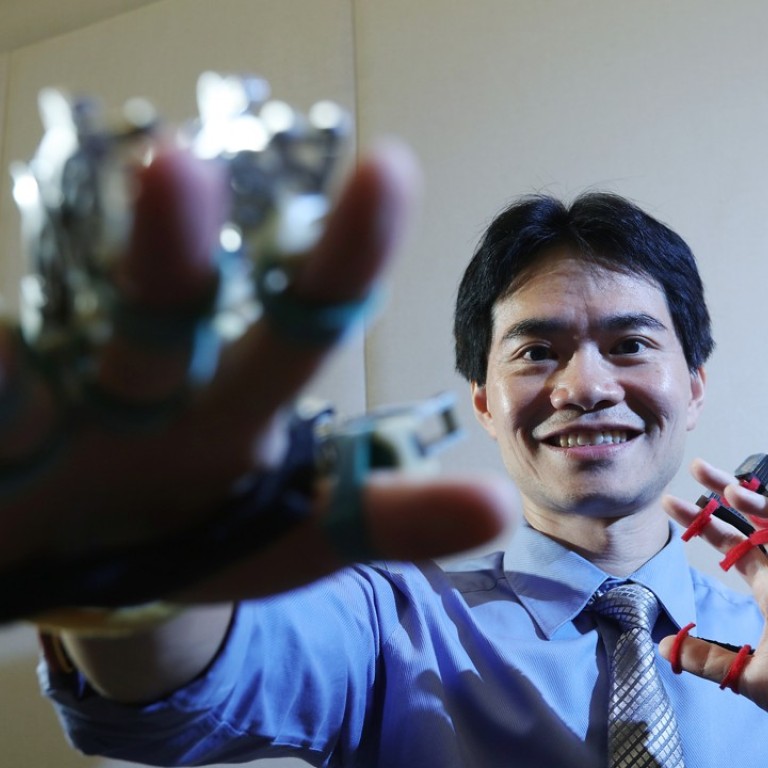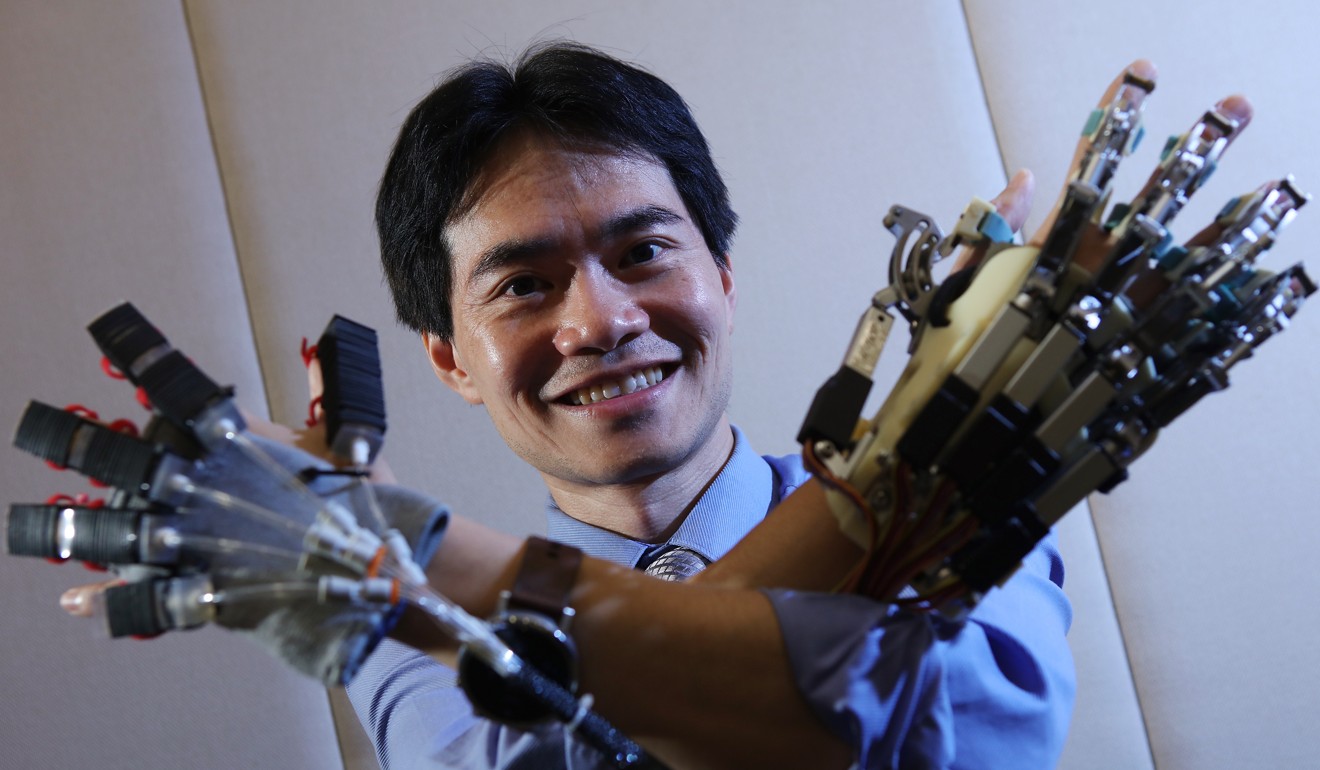
Biomedical technology key to Hong Kong’s ageing crisis and economy, says department chief
Chinese University department head sees opportunity as the city braces for 30 per cent of its population to be older than 65
Hong Kong should seize opportunities from its ageing population to develop biomedical technology that could boost the economy and provide better health care, the chairman of the city’s only biomedical engineering department has said.
Lam also said in July that Hong Kong had the potential to become the Silicon Valley of the region – referencing the US tech hub – by developing biomedical technology and artificial intelligence.
At the forefront of biomedical research is Chinese University, which launched the first biomedical engineering department in the city last month with plans to enrol students next year.
Maiden policy address to feature tech initiatives, Hong Kong leader Carrie Lam reveals
Raymond Tong Kai-yu, the head of the department, echoed Lam’s beliefs, saying the economic potential of the field is huge given the ageing population.
“Everyone faces some health problems in his or her lifetime ... patients can also recover faster and better with the help of technologies,” he said.
Patients can also recover faster and better with the help of technologies
The city is facing a caring crisis for its elderly as the latest population projection suggested the number of people aged 65 or above in the city is set to double to 2.37 million – or more than 30 per cent of the population – in two decades.
While other universities in Hong Kong also offer biomedical engineering programmes such as the University of Hong Kong and the University of Science and Technology, they only have a division instead of a specialised department.
Tong said that in the US, where such departments exist, it is able to pool resources and integrate talented people, helping in generating an ecosystem for biomedical technology.
The new department, with seven faculty members and 30 others from medical and engineering faculties, was set up with the goal to design innovative medical instruments and sensors, build new imaging and information systems for precision medicine, create biomaterials for regenerative medicine as well as develop novel technologies in nanomedicine.

It will admit about 50 undergraduates annually from next year and is hiring at least five more faculty in the next three years.
Yet, Tong said the city needs more research funding to translate innovations into commercial products and a new mindset that made-in-Hong Kong products are not inferior to those made in United States and Germany.
Known for designing an award-winning robotic hand, dubbed the “Hand of Hope”, which helps stroke patients to recover mobility, Tong said he had identified a wider market than Hong Kong for his products.
Hong Kong launches HK$2 billion fund to support tech start-ups
The device, which costs about HK$8,000, is being used by 200 stroke patients in Hong Kong. More funding would have allowed the product to reach out to more people, he said.
He said the industry will create jobs in different fields, including technicians, salespeople and marketers.
With Lam’s maiden policy address set to be announced on October 11, Tong hopes the government will allocate more incentives and resources for biomedical engineering research and development, with the current level of funding low compared with countries like the US and Singapore.
Hong Kong slips to new low in innovation rankings
He also proposed setting up a special grant that hospitals can use to support biomedical technologies that are made in Hong Kong.
Tong’s PhD student Kelvin Heung Ho-lam said he had to use his own money to pay for several thousands of dollars of materials for research because of insufficient funding.
The 22-year-old student has won awards for his thesis project, which involves a prototype that serves as a safer and more comfortable alternative to a colonoscopy.
Heung said he would have used faster options like 3D-printing some of the components of their inventions if he had more funding.

